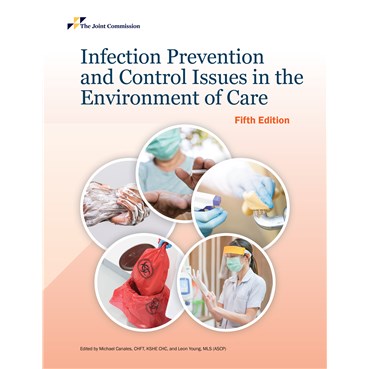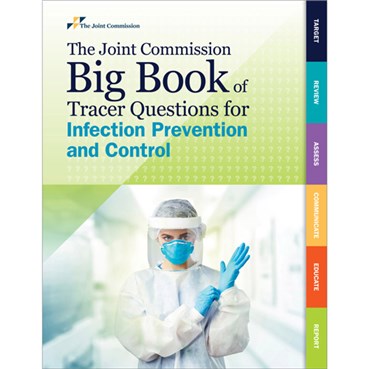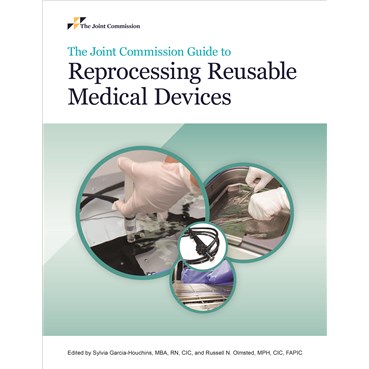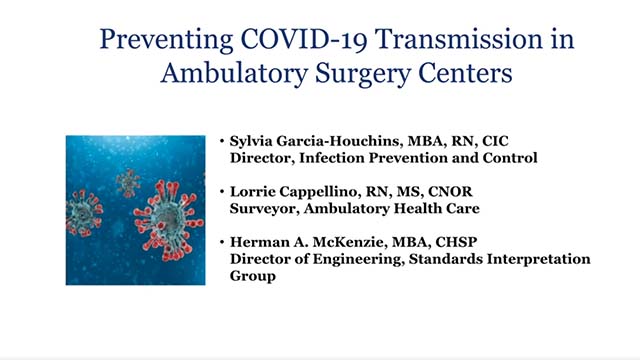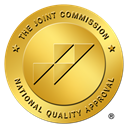After the Survey
The Post-Survey Process
At the end of the on-site survey, a “Summary of Survey Findings Report” is left with the organization to identify any Requirements for Improvement (RFIs). Organizations with RFIs will have a set period of time to work directly with their account executive to submit evidence to show that the organization is now in full compliance with those standards. The Joint Commission has developed the Survey Analysis for Evaluating Risk® (SAFERTM) Matrix to help organizations prioritize their efforts when developing corrective action plans.
The SAFER Matrix provides one, comprehensive visual representation of survey findings in which all Requirements for Improvement (RFIs) are plotted on the SAFER Matrix according to the likelihood of the issue to cause harm to patients, staff or visitors, in addition to how widespread the problem is, based on the surveyors’ observations.
The SAFER Matrix allows surveyors to perform real-time, on-site evaluations of deficiencies. Placement of RFIs within the matrix determines the level of detail required within each RFI’s Evidence of Standards Compliance (ESC) follow-up.
Receiving Your Final Accreditation Decision
Once your RFIs have been reviewed and accepted, your accreditation decision will be granted, effective the last day of your survey and is valid for approximately three years.
If your organization doesn’t receive any RFIs, the accreditation decision becomes effective the last day of your survey and is valid for approximately three years.




